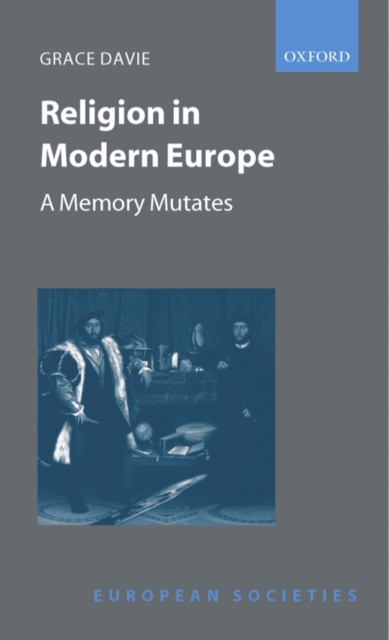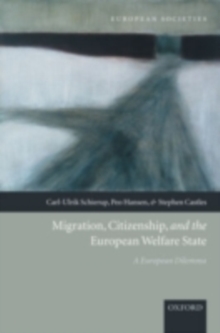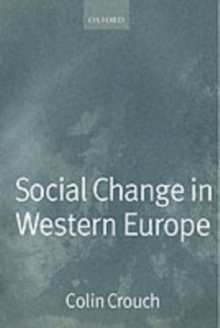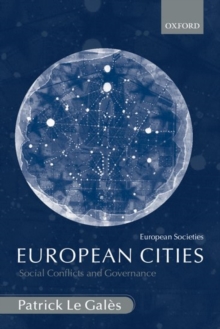
Religion in Modern Europe : A Memory Mutates PDF
by Grace Davie
Part of the European Societies series
Description
Religion in Modern Europe examines religion as a form of collective memory.
This is a memory held in place by Europe's institutional churches, educational systems, and the mass media - all of which are themselves responding to rapid social and economic change.
Europe's religious memory is approached in the following ways: as vicarious-a particularly European characteristic, as precarious-especially among young people, and as it is portrayed by the media. The memory may fragment, be disputed, and in extreme cases, disappear.
Alternatives may emerge. The challenge for European societies is to affirm healthy mutations in religious memory and discourage others.
The book also examines the increasing diversity of Europe's religious life. European Societies SeriesSeries Editor: Colin CrouchVery few of the existing sociological texts which compare different European societies on specific topics are accessible to a broad range of scholars and students.
The European Societies series will help fill this gap in the literature, and attempt to answer questions such as: Is there really such a thing as a 'European model' of society?
Do the economic and political integration processes of the European Union also imply convergence in more general aspects of social life, like family orreligious behaviour?
What do the societies of Western Europe have in common with those further to the east?This series will cover the main social institutions, although not every author will cover the full range of European countries.
As well as surveying existing knowledge in a way that will be useful to students, each book will also seek to contribute to our growing knowledge of what remains in many respects a sociologically unknown continent.
Information
-
Download - Immediately Available
- Format:PDF
- Publisher:OUP Oxford
- Publication Date:03/08/2000
- Category:
- ISBN:9780191584183
Information
-
Download - Immediately Available
- Format:PDF
- Publisher:OUP Oxford
- Publication Date:03/08/2000
- Category:
- ISBN:9780191584183










